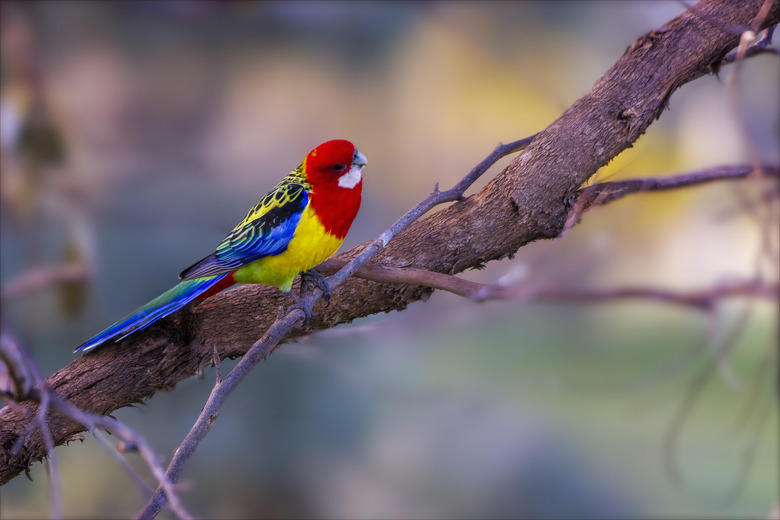Why Avocados Are Bad For Birds
Avocados may be a healthy addition to your diet, but don't share this treat with your bird. Avocados contain the toxin persin, which can be deadly to birds. Keep avocados and any recipes made with them, such as guacamole, away from your bird. If your bird eats any part of the avocado, take her to the vet right away for life-saving treatment.
Avian avocado toxicity
Avian avocado toxicity
All parts of the avocado contain persin, a fat-soluble toxin. This includes not only the avocado fruit and seed but also the stems and leaves. Not all animals are susceptible to persin poisoning, but birds are especially at risk, and pet birds kept in cages seem to be more at risk compared to birds like chickens and turkeys.
Even small amounts of avocado can be deadly. A toxic dose for birds like cockatiels is 20 to 30 grams, while canaries may suffer severe effects and even death with just 2 grams of avocado. You may see symptoms begin as soon as 15 to 30 minutes after your bird eats avocado.
Symptoms of toxicity in birds include difficulty breathing, inability to perch, lethargy, collapse, and sudden death. Internally, the toxin can cause fluid to build up around the heart and the lungs as well as kidney and liver failure. It can also cause cells in the heart to die, a condition called myocardial necrosis.
Avocado poisoning diagnosis
Avocado poisoning diagnosis
If you suspect your bird has eaten avocado, get her to an avian vet right away. Don't try to administer home remedies and don't wait for symptoms to appear. The sooner your vet can begin treatment, the better your bird's chances are for survival.
Unfortunately, there is no test to confirm avocado poisoning. Drawing blood from birds is difficult due to their small size and blood volume not to mention the trauma from the procedure. Your veterinarian will diagnose the problem based on your bird's symptoms and the information you provide.
Treatment for avocado poisoning
Treatment for avocado poisoning
There is no antidote for persin poisoning, but there are steps your vet can take to minimize toxicity if you seek treatment early. If the avocado has not yet been digested, your veterinarian will likely perform a crop lavage. This is a procedure where the vet will clear out your bird's crop — the area where the bird stores food before it goes into his stomach. Your vet may also administer activated charcoal to prevent the toxin from any undigested avocado from entering the bloodstream.
Your vet can also provide supportive care to help manage symptoms of poisoning that may increase your bird's chances of recovery. This may include cardiac medications to support the heart and diuretics to help clear fluid accumulation.
Avocado poisoning in other pets
Avocado poisoning in other pets
Birds are not the only animals at risk. Guinea pigs and rats, for example, may suffer myocardial necrosis after ingesting avocado. Dogs and cats do not seem to be susceptible to persin poisoning, but there have been rare reports of heart damage in dogs after eating avocados. In addition, avocados contain a large amount of fat that can cause pancreatitis. Dogs are also at risk of choking and impaction from swallowing the avocado seed.
Many species of livestock are sensitive to persin. Horses, for example, may experience edema, difficulty breathing, and heart failure. Cattle, goats, and sheep may also suffer avocado poisoning.
References
- Pet Poison Helpline: Avocado
- American Society for the Prevention of Cruelty to Animals: Avocado
- The Merck Manual Veterinary Manual: Avocado Toxicosis in Animals
- University of Illinois College of Veterinary Medicine: Keep Teflon, Avocado, Lead, and Zinc Away From Pet Birds
- Greensborough Veterinary Hospital: Avocado Poisoning in Birds
